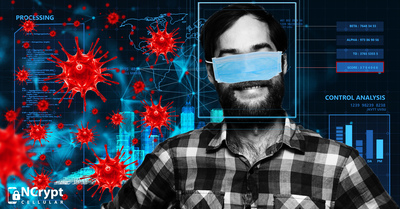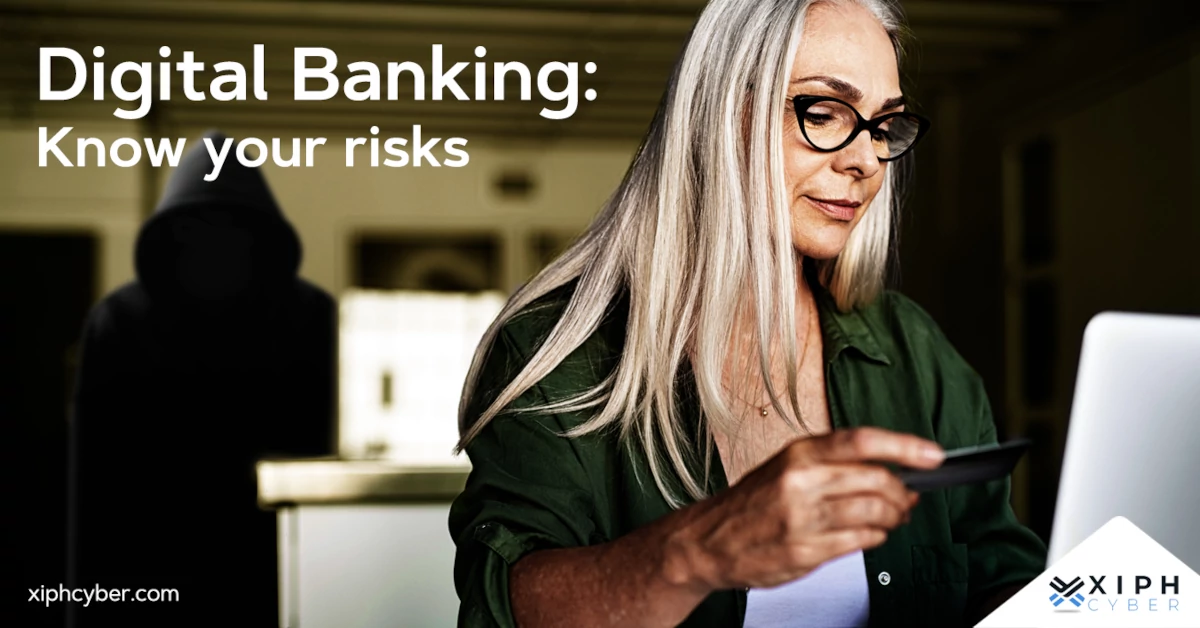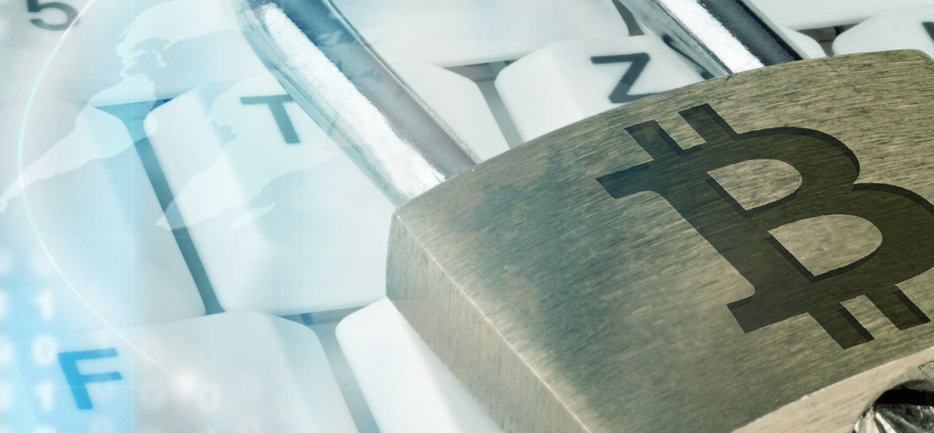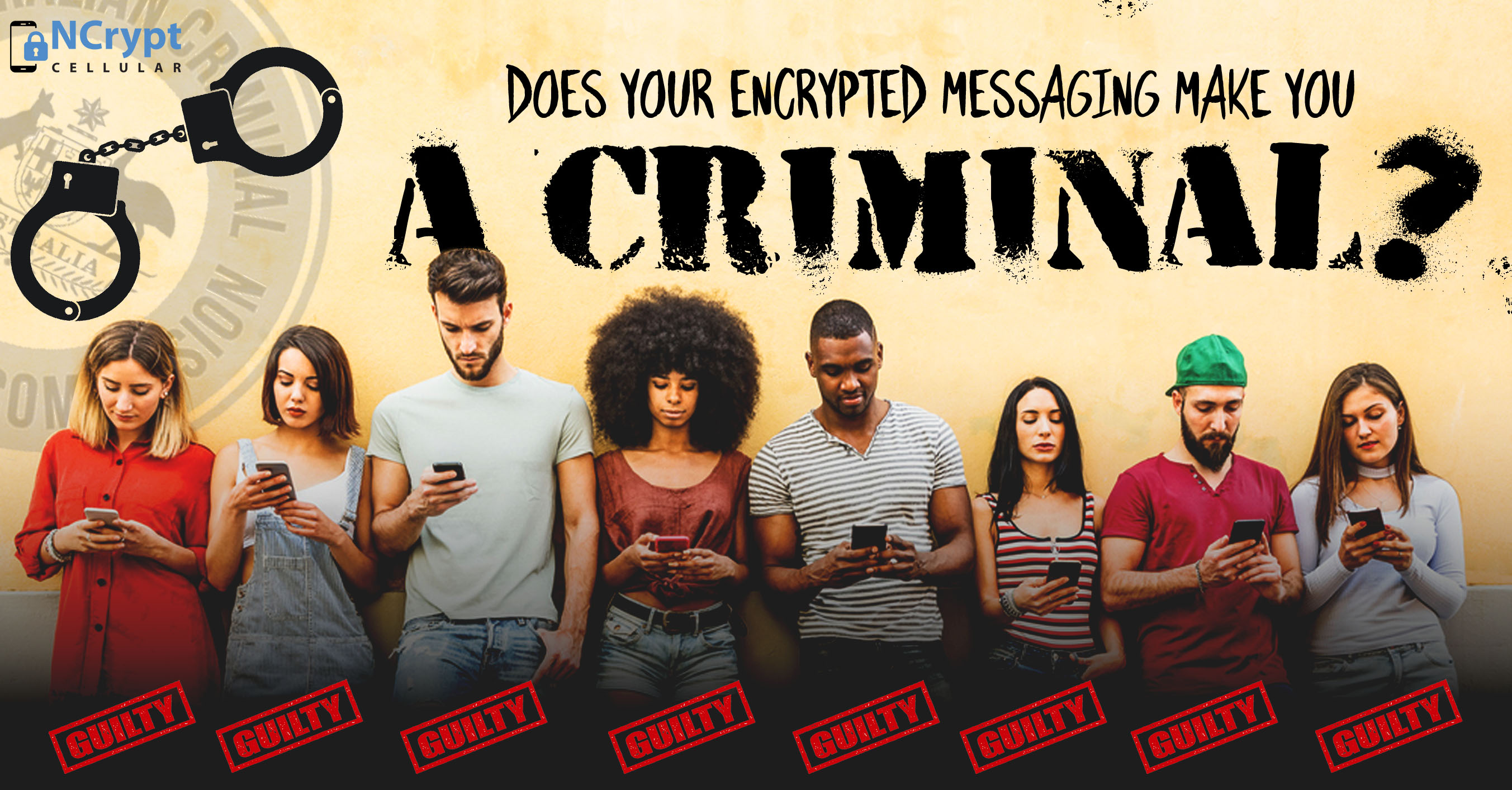Published Aug 05, 2020 by Xiph
The global pandemic is at the forefront of everyone’s mind, leaving the powers-that-be to do what they like in the background
COVID-19 has us shaking in our boots. It’s been a long time since we’ve encountered such an all-encompassing medical emergency and it’s had a profound effect on not only the way we live, but the way we think about life itself. We’re not yet out of the woods but surely there’s a light at the end of the tunnel, even if it isn’t as large or as nearby as we’d like.

But while COVID-19 has landed most of us in a less-than-perfect situation, it can be said that power structures with a vested interest in our personal lives are perfectly positioned. What better time to implement new Orwellian measures than when the populous is facing the other way? The icing on the cake is that mere mention of the possibility that anyone would capitalise on our collective concern is considered in poor taste. Shame on you for unnecessarily politicising such a serious issue!
Which is exactly why now is the time that we should be asking such questions.
Help during an emergency, or something… else?
COVIDsafe, the pet application designed by the Australian government to reduce the spread of coronavirus, has been downloaded by over a quarter of our population (that’s well over 6 million individuals). The idea that in a matter of months, a single mobile application could end up in the pockets of such a large cross-section of citizens without tempting the prying eyes of the surveillance state, is almost inconceivable. The question then is not if the government is taking notes on how to better infiltrate the private lives of the masses, but to what end?
Even in the event that COVIDsafe is and will only ever be used for its intended purposes, it’s undeniable that governments, corporations, advertisers and data miners are licking their lips in sheer delight.
This isn’t just an Aussie problem
Governments all over the world have enlisted the use of invasive digital technology under the guise of curbing the spread of coronavirus. A long list of nations has released contact tracing apps and implemented varying degrees of enforcement:
In Russia and Poland, the apps are compulsory and citizens must take selfies from the home that prove compliance to authorities.
Both China and South Korea have rolled out systematic and compulsory tracing apps – the former using geolocalisation via mobile networks and data compiled from train, airline and highway checkpoints.
In several nations such as Finland, Austria, Italy and Germany, mobile operators were revealed to be sharing aggregated location data from tracing apps with health ministries.
Norway’s ‘Smittestopp’ app carries out live or near-live location tracking and uploads GPS co-ordinates to a central server. It’s been described as “among the most alarming mass surveillance tools”.
In the UK, a proposed contact tracing app was never released after it was revealed to share data without permission.
The above is just the tip of the iceberg. Other countries that boast their own version of a contact tracing app include Singapore, Bangladesh, Columbia, Ghana, Denmark, Czech Republic, Bahrain, France, Algeria, Hungary, Japan, Switzerland, Jordan, New Zealand, Iceland, Israel, Lebanon, Switzerland and the United Arab Emirates – and many more. A word of warning from the human rights organisation Amnesty International’s Security Lab, perhaps best sums up the growing concern over such mass surveillance measures:
“Governments across the world need to press pause on rolling out flawed or excessively intrusive contact tracing apps that fail to protect human rights. If contact tracing apps are to play an effective part in combating COVID-19, people need to have confidence their privacy will be protected.” – Senior technologist and researcher, Claudio Guarnieri.
And when it comes to COVIDsafe, those in-the-know have anything but confidence that their privacy is being protected.
If anything will normalise mass surveillance, it’s this…
Australians are terrified of COVID-19 and for good reason. But for our government to harness that fear in order to gain further control over both the individual and the populous, is just as (if not more) terrifying. What COVIDsafe is doing is less concerning than the precedent it sets; it is training citizens to think that mass surveillance is just another aspect of everyday life.
Now that Google and Apple have partnered to release their own version of a contact tracing application, it’s clear that our privacy is under threat on multiple fronts. The more incarnations of contact tracing technology that hit the market, the easier it is to accept mass surveillance as par for the course. When in reality, anything that allows a government or corporation to know where you are at all times is NOT normal. And with each passing day, the technology becomes more ingrained and the harder it becomes to resist.
When the pandemic is finally under control and social distancing and self-isolation become distant memories, the consequences of such mass surveillance measures will become clear. The question we must ask ourselves is – are we willing to wait and watch from the wings, or will we stand up and do something about it?
Posted in: Security


